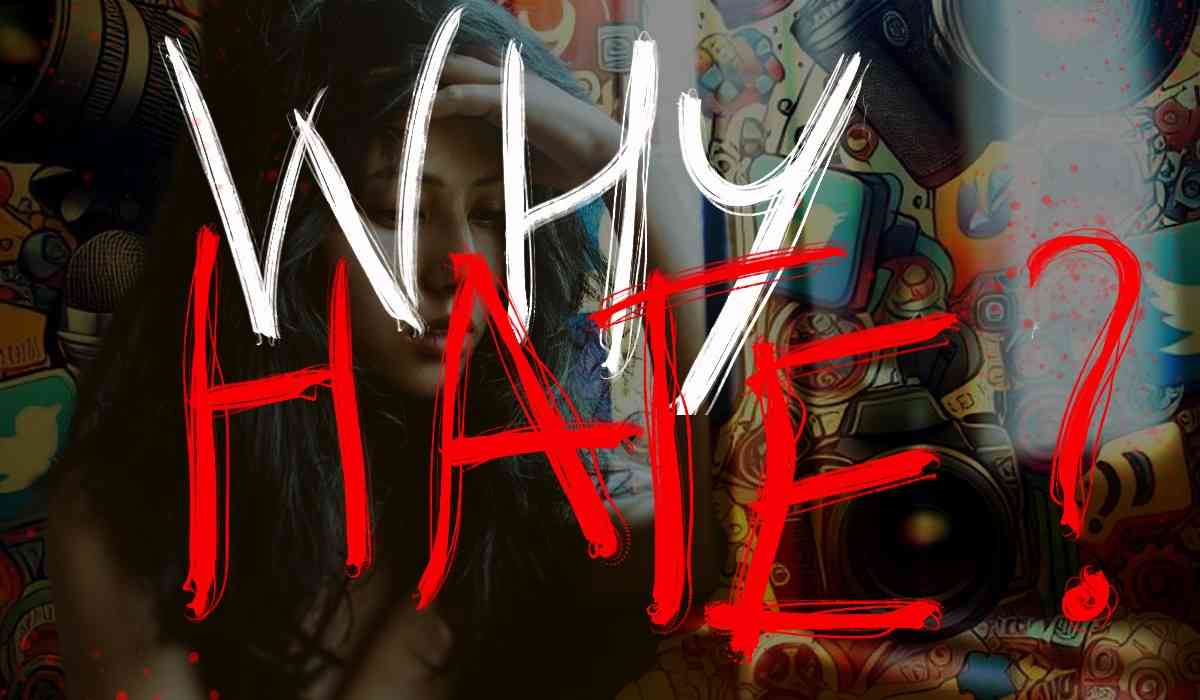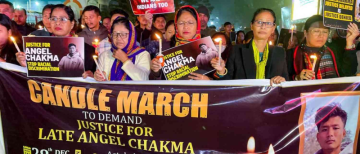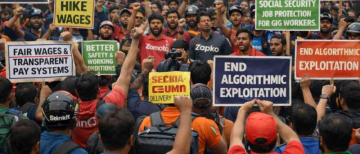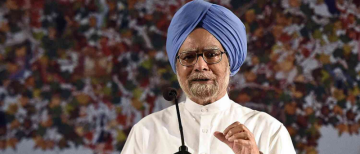Social media platforms like Facebook, Instagram, Twitter, and Snapchat have revolutionised how we connect and share experiences. However, for many women in India, these digital spaces have become breeding grounds for abuse, harassment, and harmful stereotypes. Despite their potential for empowerment, social media platforms often expose women to vulnerabilities that can have long-lasting impacts. Here's a closer look at the challenges faced by women on social media and the systemic changes needed to address them.

Rampant Online Harassment
One of the most pressing concerns is the widespread harassment women endure online. Women expressing strong opinions, particularly on gender issues, frequently become targets of abuse, including derogatory comments, threats of violence, and personal attacks. This toxic behaviour not only discourages women from participating in online discourse but also perpetuates harmful stereotypes, silencing voices that advocate for change.
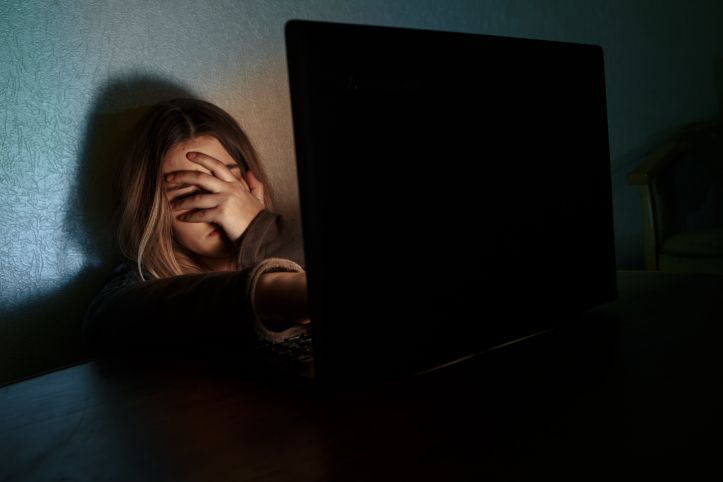
Prominent women, from activists to celebrities, often bear the brunt of coordinated trolling campaigns, exposing them to emotional distress and safety risks. The anonymity provided by social media emboldens harassers, making these platforms hotbeds for gendered abuse.
Women subjected to such harassment often grapple with fear, anxiety, and depression, highlighting the urgent need for stricter cybercrime laws and their effective enforcement.
There are many examples related to this:
-
Priyanka Reddy Case
Priyanka Reddy, a veterinary doctor, was brutally raped and murdered, only to face victim-blaming on social media, where some criticized her for being out late. This online abuse overshadowed the outcry for justice, focusing on her personal choices rather than the crime.
-
Mangaluru Bus Harassment
A woman in Mangaluru was harassed on a public bus, but instead of solidarity, online trolls mocked her for not "fighting back." Social media comments shifted blame to her actions and appearance rather than condemning the perpetrators.
-
Shweta Katti
Shweta Katti, a survivor of human trafficking, faced online harassment after sharing her story of survival. Trolls ridiculed her past, attempting to discredit her efforts to advocate for women’s rights.
These cases reflect the grim reality faced by ordinary women across India who are subject to character assassination and ridicule on social media.To address this, stricter laws, better digital literacy, and stronger social media accountability are essential.
The Gender Digital Divide
While social media offers a platform for self-expression, not all women have equal access. In India, a significant gender digital divide persists, with women 50% less likely to access the internet than men. Factors such as limited digital literacy, wage disparities, and societal expectations restricting women's time and mobility exacerbate this divide.
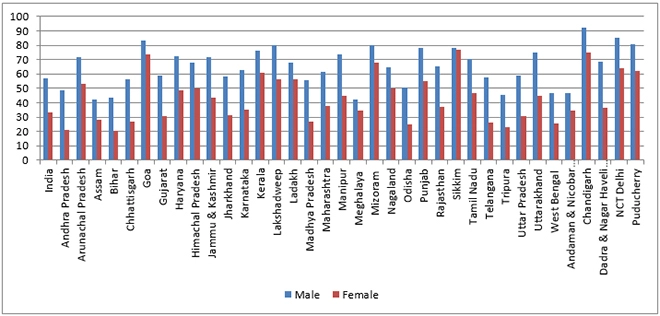
Additionally, the lack of content in regional languages further limits many women from engaging fully with social media. Bridging this gap is essential to ensure that women can leverage the benefits of digital platforms without barriers.
Impact on Body Image and Self-Esteem
Social media's emphasis on unattainable beauty standards and the glorification of celebrity lifestyles have profound effects on women's mental health. Constant exposure to curated images portraying idealised physiques fosters feelings of inadequacy and low self-esteem.
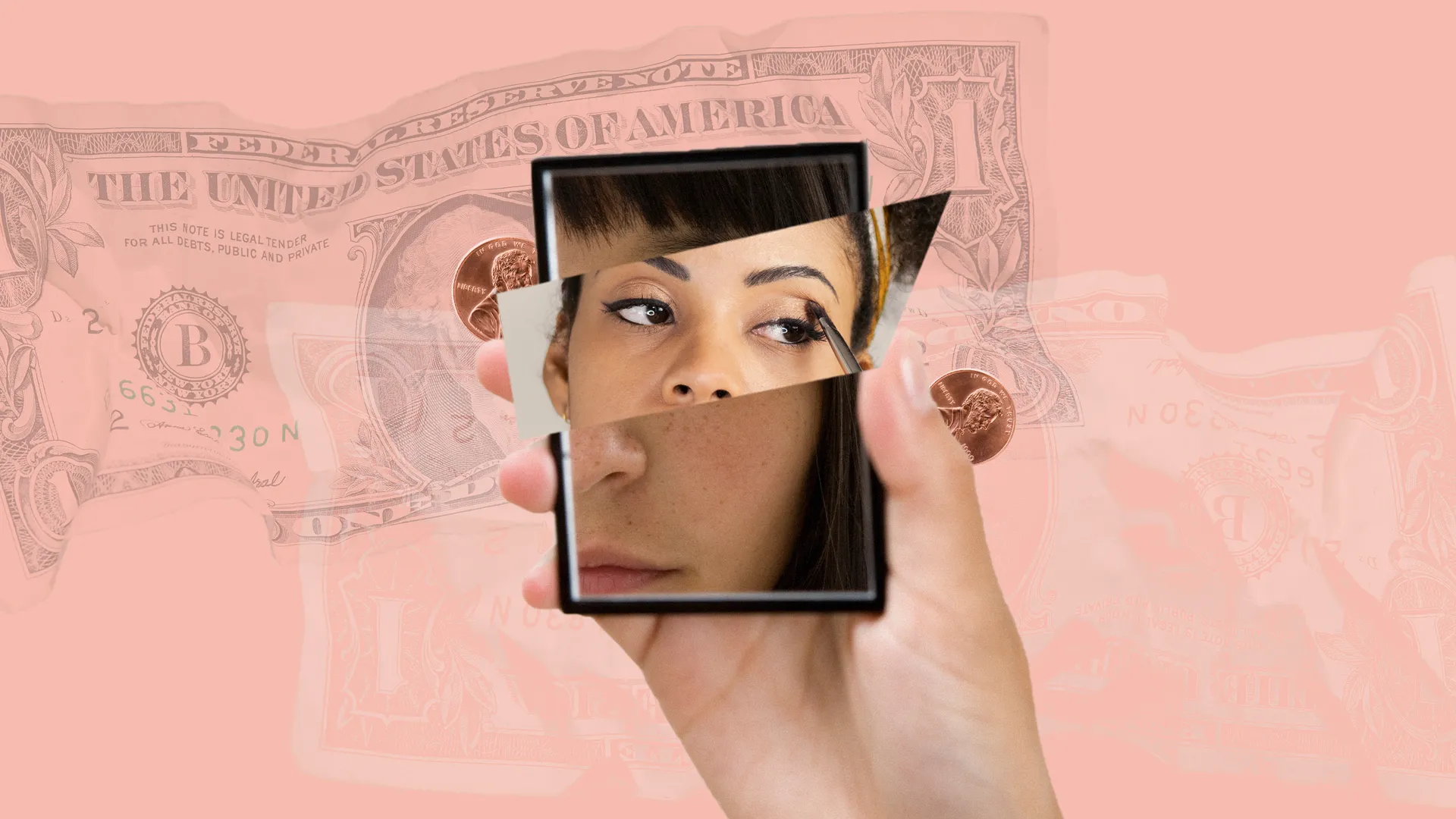
For many women, the pressure to conform to these unrealistic ideals becomes a daily struggle, often leading to body dysmorphia, anxiety, and depression. This culture of comparison harms mental well-being, especially among adolescent girls who are more susceptible to these influences.
Also Read: With the President's assent, Women's Reservation Bill is now a law
Rising Cybercrime and Stalking
The rise in social media usage has also seen a surge in cybercrimes against women. Online stalking, unsolicited explicit messages, non-consensual sharing of private images, and revenge porn are just a few examples of the threats women face. These actions not only violate women's privacy but also leave lasting emotional scars.

Creating a safe and inclusive digital environment for women requires systemic changes. Here are some actionable steps:
- Stronger Legislation: Enforcing strict laws against online harassment and cybercrimes is crucial to deter offenders.(Section 509 of the IPC deals with words, gestures, or acts intended to insult the modesty of a woman and can be applied in cases of online harassment.)
- Education and Awareness: Promoting digital literacy and educating users about responsible online behaviour can foster a healthier online culture.
- Platform Accountability: Social media companies must take proactive measures to detect and address abuse, including stricter content moderation and reporting mechanisms. (https://pib.gov.in/Pressreleaseshare.aspx?PRID=1808686) Strict guidelines and monitoring systems are made to protect women and children on online platforms
- Gender Representation: Increasing women's participation in technology and media industries can help create platforms that cater to diverse needs and perspectives.
While social media holds immense potential for empowering women, its darker aspects cannot be ignored. Addressing online harassment, reducing the gender digital divide, and fostering positive online cultures are essential steps towards ensuring a safer and more equitable digital space. By working collectively individuals, governments, and tech companies we all can transform social media into a tool that uplifts rather than oppresses, amplifying women's voices rather than silencing them.
Also Read: Unmasking the Dark Reality of Women's Safety in Metro Cities
With inputs from agencies
Image Source: Multiple agencies
© Copyright 2024. All Rights Reserved Powered by Vygr Media.

